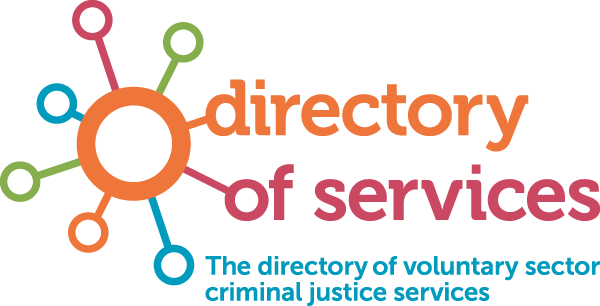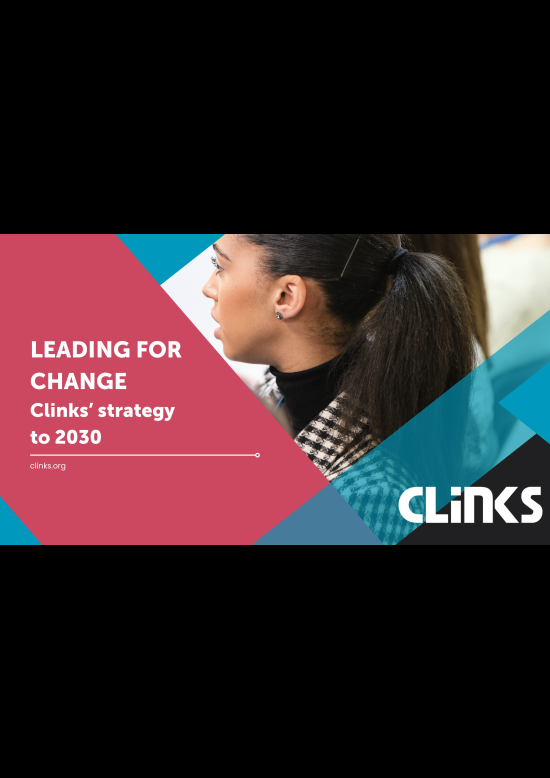Overview
Clinks' work has a significant focus on government policy, at both a national and local level, with two aims - to keep our members informed and engaged in the development of criminal justice policy and to ensure that the voluntary sector’s role, knowledge, experience, and expertise is reflected in policy decisions.
Our policy messages are rooted in the insights provided by voluntary sector organisations working within the criminal justice system. The intelligence we gather is based on the observations of our members and the feedback they receive from the individuals they support regarding how government policies and practices impact their lives. Many of our members leverage this knowledge to guide their own policy influencing activities, and we collaborate with the sector to support their efforts and strengthen their collective voice.
Developed in consultation with the sector, Clinks Thinks sets out our key principles, ambitions, and recommendations, which are the foundation upon which we influence government, funders, and other stakeholders.
Our work
Influencing government
We maintain strong relationships with local and central government, enabling us to represent the views of the voluntary sector at a senior level. This includes engaging with officials within the devolved administration in Wales.
These relationships allow us to act as a critical friend to the Ministry of Justice (MoJ) and His Majesty’s Prison and Probation Service (HMPPS), as well as other departments whose policy has an impact on the lives of people in the criminal justice system. These include the Ministry for Housing, Communities and Local Government, Department of Health and Social Care, and the Department for Work and Pensions.
Our local work
Clinks State of the Sector research shows that 47% of our members deliver services locally, highlighting their close integration with the communities they support. Through the efforts of our Area Development Team, we actively engage with local needs in the North, Wales, and London. Our work ensures that the voices of organisations working within these localities, and the people they support, are heard and reflected in both local and national policy development.
Our thematic work
In addition to our regional focus, our work also targets key thematic areas - Women, Race, Health and Wellbeing, and the Arts. We convene several specialist Networks that create spaces for collaboration and knowledge sharing. The Women’s Network, Race and Justice Network, Family Network, National Criminal Justice Arts Alliance (NCJAA), and Health and Justice Network, bring together the collective expertise of the voluntary sector to strengthen services and enhance outcomes for people in contact with the CJS.
The Reducing Reoffending Third Sector Advisory Group (RR3)
The Reducing Reoffending Third Sector Advisory Group (RR3) is one of our key channels for influencing government criminal justice policy. It provides the interface between the voluntary sector and the Ministry of Justice (MoJ) and HM Prison and Probation Service (HMPPS), to increase mutual understanding and build a strong and effective partnership.
Made up of senior leaders from the voluntary sector, the Group meets quarterly to provide guidance, insights, and feedback on criminal justice policy, operational, or legislative developments, at both an official and ministerial level. It functions as a collective voice for the voluntary sector, contributing to shaping MoJ and HMPPS initiatives and driving positive change in the criminal justice system.
Find out more about the work of the RR3 and how to get involved.
Get involved
Help shape policy by joining our consultation efforts
To ensure we represent the voluntary sector effectively, we regularly gather input from our members through:
- Email callouts for information
- Group discussions and forums
- Focus groups, workshops, and conferences
- One-to-meetings
These insights inform our representative work officials in the MoJ and HMPPS, and other stakeholders. We communicate key findings to decision-makers through informal and formal meetings, evidence to parliamentary select committees, written responses to government consultations, and independent policy reports.
Find out more about our consultation work and how to get involved.
Stay informed
The policy landscape can change rapidly, making it difficult to keep abreast of everything that is taking place. Our briefings and blogs support the sector to digest significant developments quickly, indicate potential implications for the sector, and assist in planning organisational responses.
Members also receive our monthly Policy briefing ebulletin, covering important news and developments relating to policy and legislation affecting the voluntary sector and the criminal justice system as a whole, key research publications, events, and interesting reads.









